Remortgaging for Debt Consolidation
- Access to competitive rates and some you can't get direct
- Specialist Mortgage Advisers
- Free initial consultation
Home » Remortgage » Remortgaging for Debt Consolidation

Remortgaging for Debt Consolidation – Frequently Asked Questions
Listen below as Chris Needham talks all about Remortgaging for Debt Consolidation.
In less than 10 minutes, you’ll know a lot more about getting your remortgage sorted.
What is a consolidation remortgage?
Let’s imagine that someone’s got a fixed rate that ends in three or four months’ time. As part of the process of securing a new deal, clients often ask whether they can consolidate some of their existing personal debts onto their mortgage.
They might have a couple of personal loans and some credit card debt. Rather than have all of those individual little debts, it’s possible to roll it all into one debt. You consolidate it into your mortgage so that you’re only making one payment each month.
Is consolidating a good idea?
Every case is different – it can be a good idea. If you have two or three personal loans and three or four credit cards all with different amounts on them, keeping track of those debts can be quite complicated. So rolling all of that into one debt as part of your mortgage can be a good idea.
The advantage is that it’s just one payment rather than managing a lot of different creditors. It also can be at a lower interest rate if you add it to the mortgage. But it’s definitely important to get advice, because you’ll be turning unsecured debts into debt that is secured on your property. You need to make sure you’re doing the right thing.
If you’ve got a personal loan that’s got three years to run and you’re adding it to your 25-year mortgage, the payments will be less but it’s over a much longer period of time. Overall you’re paying much more interest.
Consolidation can be a good idea if you need to reduce your monthly outgoings, but it certainly needs to be taken very seriously. You need to understand what you’re getting into before you go ahead.
What’s the process and what documents do I need to remortgage for debt consolidation?
First, speak to a mortgage advisor to go through the options that may be available to you and understand the benefits and risks of consolidating debt onto your mortgage.
If you decide to go ahead you’ll need the normal pay slips, ID and bank statements that you need for a standard remortgage. When we’re looking at Debt Consolidation we do quite a lot of work upfront. We look at each individual debt and advise whether we think it’s worthwhile securing that onto the mortgage. So we’d need a statement on each of those debts to understand the existing balance, how long it’s got left to run and the annual rate of interest.
That way we can calculate the difference in interest and payments by securing those debts onto the mortgage. We advise you on which ones we think are most suitable to be consolidated. Other than that it’s the same process as a standard remortgage.
Speak To an Expert
Can I remortgage with credit card debt?
Yes, and when people come to us and ask us to consolidate their debt onto the mortgage it’s important for us to understand whether or not that’s the right thing to do. Sometimes people have debts on an interest-free credit card. They’re not paying any interest for the next two or three years, so in most cases it wouldn’t be right to put that debt onto a mortgage.
Sometimes we remortgage and leave some debt remaining – it just all comes down to the individual circumstances, the client’s disposable income and the reasons they’re looking to consolidate the debt.
Can you consolidate debt twice?
Yes, it’s possible. But again it comes down to how the lender would view that and the individual circumstances. So if a lender could see that you remortgaged two years ago and moved the debt from five or six credit cards onto the mortgage – and now you’ve got another £30,000 debt on credit cards, they will see a history of overcommitting on your expenses. Lenders wouldn’t like that. They wouldn’t look to consolidate in that situation.
On the other hand, if someone has bought a property that needed a lot of work and they’ve had to fund the improvements with personal loans and credit cards, then we can explain that story to the lender. So every case is different.
Is there any other debt that mortgage lenders consider?
It does vary by lender. They will consider most debts but the most common ones are personal loans and credit cards. We occasionally get asked to look at car finance. But again it depends what the interest rate is on the car finance and how long is left to run.
What else do we need to know on remortgaging for debt consolidation?
It can often really help clients out if they have a number of debts and the monthly payments are becoming unaffordable. You don’t want to start missing payments and falling behind. It can be worth considering debt consolidation because paying it off over a longer period of time can reduce your monthly payments. It could give you the breathing space you need.
However, it is vital to look at how much interest you’re going to be paying over that longer period and make sure it’s right for you. Make sure you’ve exhausted all other options before you consider debt consolidation. As part of the process we analyse each debt in detail so that we can advise specifically on the most suitable approach for you.
Think carefully before securing other debts against your home. Your home may be repossessed if you do not keep up with your mortgage repayments.
You may have to pay an early repayment charge to your existing lender if you remortgage.

